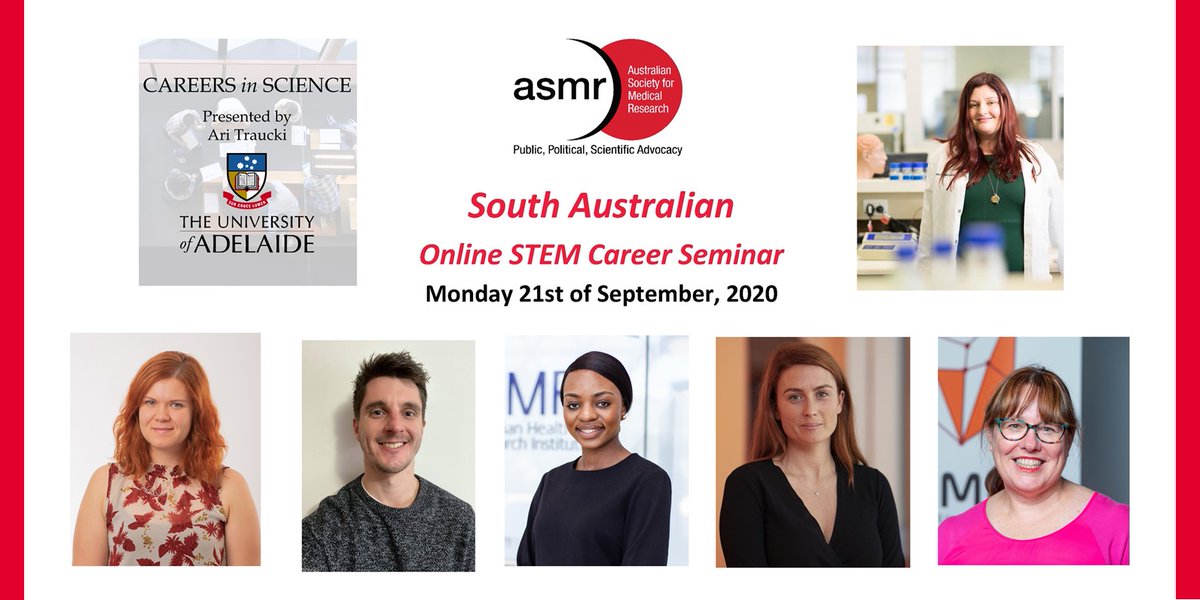Meet Victoria Foster @torietots_ , a PhD student investigating how funnel web venom may hep #spinalcordinjury at @UQscience
Spinal cord injury can dramatically impact a persons’ function + quality of life.
A thread 👇
@UQ_News
Spinal cord injury can dramatically impact a persons’ function + quality of life.
A thread 👇
@UQ_News

Spinal cord injury may result in paralysis or symptoms such as chronic pain. Current research has not yet provided us with an answer to effectively treat or reduce these outcomes. While the initial injury to the spinal cord causes obvious damage, it does not stop there.
Cells continue to die after the initial injury, in a process called secondary damage. This 2* damage prevents recovery, and as more cells die, more connections are severed in the spinal cord. The ‘acid sensing ion channel 1a’ (ASIC1a) receptor is heavily involved in this process.
Victoria’s research targets ASIC1a in hopes to minimise the spread of damage after injury. Victoria is a PhD student, at The Institute for Molecular Biosciences (@UQscience) on an international RHD scholarship.
She works in Prof Glenn King’s lab, where they focus on using venoms to develop novel drugs for injuries and diseases of the brain + spinal cord. Her project involves testing a small protein (peptide), from the venom of the Fraser Island Funnel web, which inhibits ASIC1a in mice.
The goal of Victoria’s research is to understand the progression of injury, how cell to cell communication changes, and whether this novel peptide could form the basis of a new drug to treat spinal cord injury.
“I moved from the other side of the world to be in this lab. Venoms are an untapped resource for novel drugs, and this is the King lab’s bread and butter. If my research is fruitful, one day maybe those 350 Australians affected by spinal cord injury every year, could wake up.. 

to a different, more positive reality”.
Victoria is also an avid Brazilian Jiu Jitsu #BJJ practitioner, having started training in England over 4 years ago. She is now dabbling in mixed martial arts #MMAtwitter and is looking forward to entering the cage in 2020!
Victoria is also an avid Brazilian Jiu Jitsu #BJJ practitioner, having started training in England over 4 years ago. She is now dabbling in mixed martial arts #MMAtwitter and is looking forward to entering the cage in 2020!

Keep up with Professor King's research here: @VenomsLab and Victoria's journey on @WordPress: …andtreatslovefromnature.wordpress.com
• • •
Missing some Tweet in this thread? You can try to
force a refresh














